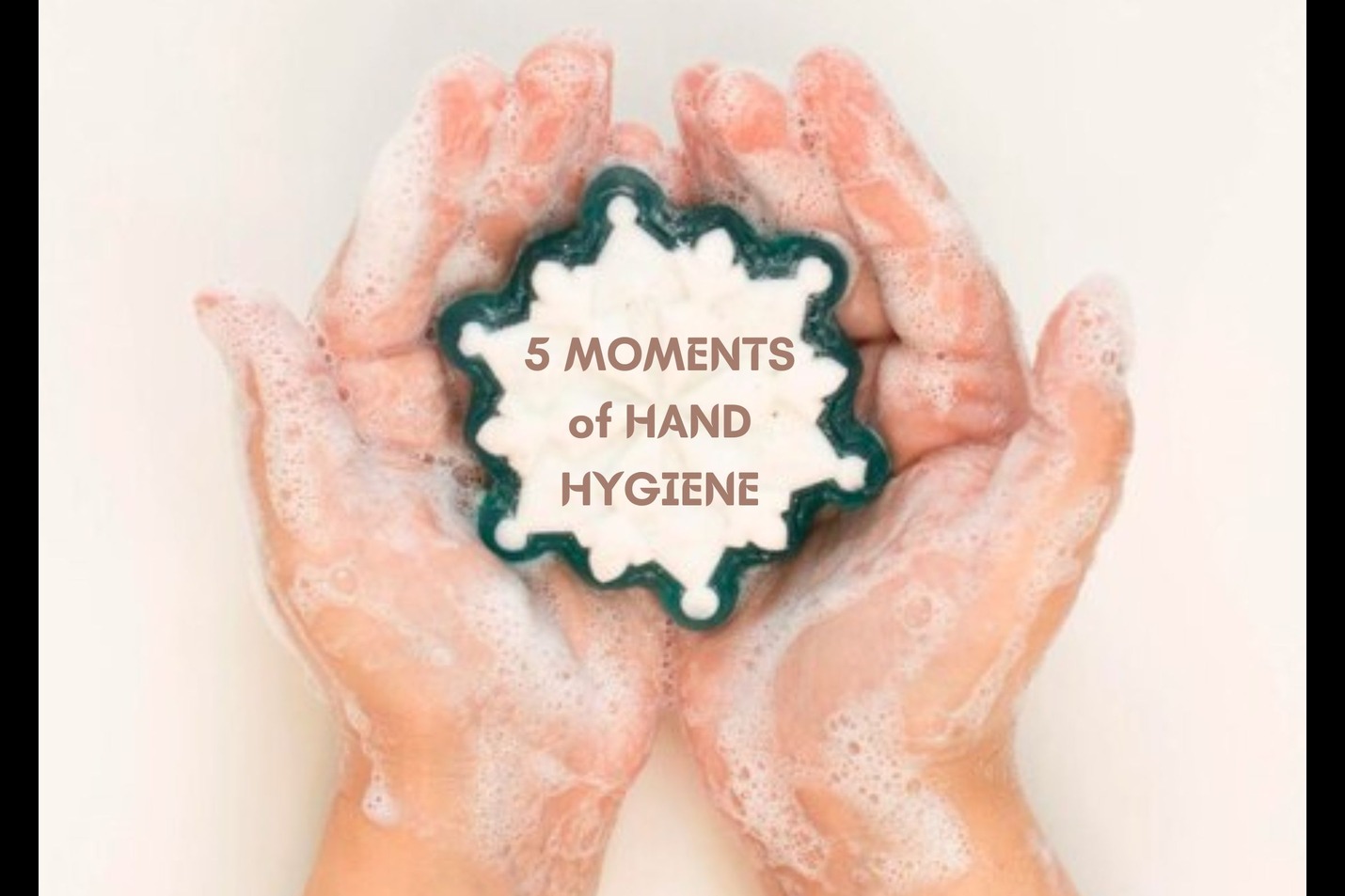5 Moments of Hand Hygiene – A Guide to Staying Healthy
Have you ever stopped to think about the power of something as simple as washing your hands? It may seem like a small everyday activity that goes unnoticed at most times, but good hand hygiene can have a big impact on your health and help maintain the health of those around you. By following a few simple steps, you can easily prevent the spread of harmful germs and keep yourself and others around you safe from illness.
Why Hand Hygiene Matters
Our routine life takes our hands to multiple places and keeps them in constant contact with surfaces that may be contaminated with germs. From doorknobs to smartphones, we touch countless objects every day, picking up bacteria and viruses along the way. Without proper hand hygiene, these germs can easily make their way into our bodies, causing several diseases.
When to Wash Your Hands
There are five moments of hand hygiene that everyone must follow:
Before and after preparing or eating food: Washing your hands before cooking helps keep germs from getting into your food. You should also wash your hands properly before eating to avoid taking in germs along with the food. After you’re done preparing and eating, washing again helps prevent germs from spreading to other things you touch.
Before and after caring for someone who is sick: When someone is sick, washing your hands before and after helping them can stop germs from spreading and keep you both healthier.
After using the bathroom: Germs can stick to your hands when you use the bathroom. Washing and disinfecting them well afterward helps keep those germs from spreading to other things or people.
After touching surfaces in public places: Places like doorknobs and handrails can have a lot of germs. Washing your hands after touching them can help keep you from getting sick.
After getting back home: Your hands pick up germs from all sorts of things when you’re outside. Washing them after getting back home helps curb the spread of diseases to other members of your family, keeping them safe and healthy.
The WHO’s Five Moments of Hand Hygiene

For healthcare workers, proper hand hygiene is not just important – it’s essential. The WHO (World Health Organization) has identified five moments of hand hygiene that healthcare workers should strictly perform to prevent the spread of infections in healthcare settings:
Before touching a patient: Healthcare workers should perform hand hygiene before coming into contact with a patient to reduce the risk of transferring harmful germs.
Before clean/aseptic procedures: Prior to performing any clean or aseptic procedures, such as inserting a catheter or dressing a wound, healthcare workers should clean their hands to prevent introducing germs into the sterile environment.
After body fluid exposure risk: After coming into contact with a patient’s body fluids, such as blood or saliva, healthcare workers should perform hand hygiene to prevent the spread of potentially infectious germs.
After touching a patient: After touching a patient, healthcare workers should clean their hands to prevent the transmission of germs to other patients or surfaces.
After touching patient surroundings: After touching the patient’s surroundings, such as bed rails, bedside tables, etc., healthcare workers should perform hand hygiene to prevent the spread of germs from contaminated surfaces.
These moments are crucial in healthcare settings, where the risk of spreading infections is high. By following these guidelines and practicing good hand hygiene, healthcare workers can help protect themselves, their patients, and their colleagues from infections.
Using An Effective Sanitizer
When washing your hands isn’t possible due to the unavailability of soap and water, using a hand sanitizer can effectively kill germs. Sterloc is among a popular choice. It is an alcohol-free solution, making it a safe and suitable choice for all your family needs.
To use, simply apply the sanitizer to one palm and rub your hands together, ensuring all surfaces of your hands and fingers are covered until they are dry.
Final Word
In conclusion, good hand hygiene is a simple yet powerful way to protect yourself and others from illness. By washing your hands regularly and following the WHO’s five moments of hand hygiene, you can help curb the spread of germs and stay healthy. So, the next time you reach for the soap, remember that you’re not just washing your hands – you’re washing away germs and taking a step towards a healthier you.
